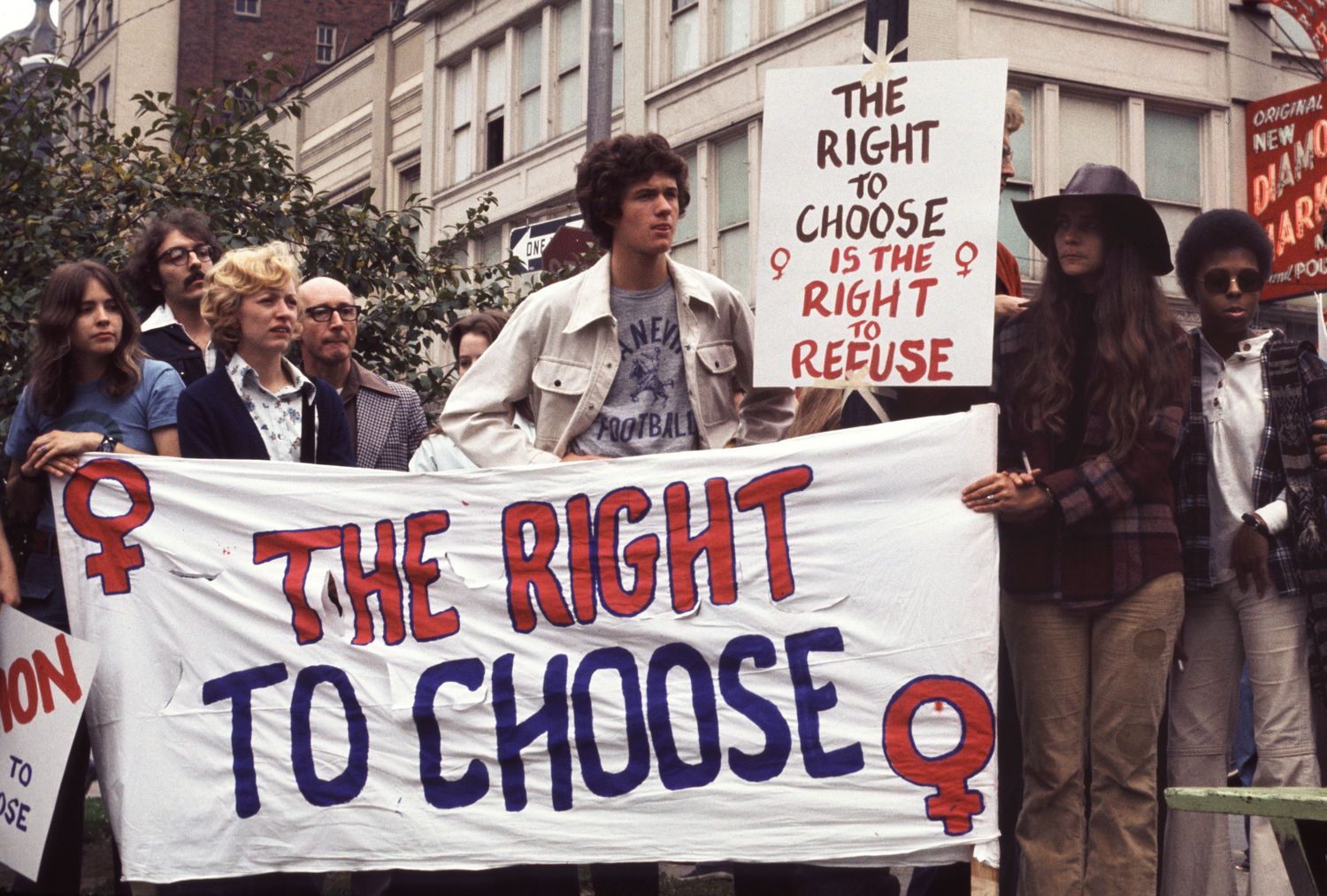Singapore's Elections: Challenges To The Ruling Party's Long-Standing Power

Table of Contents
Rising Popularity of Opposition Parties
For decades, the PAP enjoyed overwhelming victories in Singapore's elections. However, recent electoral cycles have witnessed a notable increase in the vote share and overall support garnered by opposition parties. This upward trend signifies a crucial change in the nation's political dynamics. Several factors contribute to this phenomenon:
-
Growing Dissatisfaction with Government Policies: Rising housing costs, escalating cost of living, and perceived inequality are fueling public discontent. Issues such as the accessibility of public healthcare and education are also increasingly becoming focal points for criticism. This dissatisfaction translates directly into greater support for opposition parties promising alternative solutions.
-
Increased Use of Social Media and Alternative News Sources: The dominance of state-controlled media is slowly being challenged by the proliferation of social media platforms and independent news outlets. These channels allow for a wider dissemination of diverse perspectives and criticisms, bypassing traditional media controls and fostering more open political discourse. This access to information empowers voters to form their own opinions, leading to a more nuanced understanding of political issues.
-
Young Voters' Changing Political Preferences: Younger Singaporeans, exposed to global political trends and more diverse information sources, often exhibit different political preferences than older generations. They are more likely to voice concerns about environmental sustainability, social justice, and LGBTQ+ rights – issues that have historically received less attention from the PAP. This demographic shift is a powerful force impacting election outcomes.
-
Growing Awareness of Issues such as Inequality and Social Mobility: Increasing awareness of income inequality and the challenges faced by lower-income families are pushing voters to consider alternative political options. The opposition parties are effectively capitalizing on this sentiment, proposing policies aimed at improving social mobility and reducing the wealth gap.
The Impact of Social Media and Online Discourse
Social media has fundamentally reshaped political communication in Singapore. It provides a platform for political discussions, mobilization, and the dissemination of information beyond traditional media. This has significantly impacted Singapore's elections in several ways:
-
Increased Scrutiny of Government Actions and Policies: Social media platforms facilitate rapid dissemination of information, allowing for immediate public reaction to government decisions and actions. This increased scrutiny forces greater accountability from the ruling party.
-
Rise of Online Activism and Citizen Journalism: Social media enables citizen journalism and facilitates the organization of online activism, allowing for a more bottom-up approach to political engagement. This empowers citizens to actively participate in shaping political discourse.
-
Potential for Misinformation and the Spread of False Narratives: While social media enhances political participation, it also presents challenges, including the potential spread of misinformation and false narratives. Combating the spread of fake news is crucial for maintaining the integrity of the electoral process. The government's strategies to manage online narratives become critical factors influencing election outcomes.
Economic Concerns and Inequality
Economic issues are central to the challenges facing the PAP. Growing concerns about income inequality, the high cost of living, and affordable housing are deeply impacting voters' choices.
-
Debate on the Effectiveness of Government Housing Policies: While the Housing Development Board (HDB) has historically been a source of pride for the PAP, rising housing prices and the difficulties faced by young couples in securing affordable housing have led to significant criticism.
-
Discussions on Wage Stagnation and Wealth Disparity: The widening gap between the rich and the poor remains a contentious issue, with many Singaporeans expressing concerns about wage stagnation and limited social mobility.
-
Public Sentiment Regarding Social Safety Nets: Public discussion focuses on strengthening social safety nets and addressing vulnerabilities within the existing social welfare systems. The effectiveness of current government policies in this area is subject to intense public scrutiny.
Evolving Voter Demographics and Preferences
Singapore's electorate is becoming increasingly diverse and its preferences are evolving.
-
Changing Demographics: The increasing proportion of younger voters, coupled with a growing number of highly educated citizens, is influencing voting patterns.
-
Preferences of Younger Voters: Younger voters tend to prioritize issues such as environmental sustainability, social justice, and LGBTQ+ rights, often differing from the priorities of older generations.
-
Targeted Strategies: Both the PAP and opposition parties are adapting their strategies to target specific demographics, highlighting the importance of understanding evolving voter preferences in electoral success.
Conclusion
The challenges to the PAP's long-standing dominance in Singapore's elections are multifaceted. The rise of opposition parties, the significant impact of social media, and growing economic concerns are all shaping election outcomes. The evolving demographics and preferences of Singapore's electorate further contribute to a changing political landscape. To gain a deeper understanding of the ongoing power shifts and the future of Singaporean politics, it's crucial to continue monitoring and analyzing the evolving dynamics of Singapore's elections and the strategies employed by both the ruling and opposition parties. Stay informed about the evolving issues and strategies impacting future Singapore's elections.

Featured Posts
-
 Verstappens First Interview Since Becoming A Father
May 05, 2025
Verstappens First Interview Since Becoming A Father
May 05, 2025 -
 Charissa Thompson Addresses Speculation Regarding Her Departure From Fox
May 05, 2025
Charissa Thompson Addresses Speculation Regarding Her Departure From Fox
May 05, 2025 -
 Anna Kendricks Iconic Blake Lively Response Fans Obsessed
May 05, 2025
Anna Kendricks Iconic Blake Lively Response Fans Obsessed
May 05, 2025 -
 Louisiana Derby 2025 Your Guide To Odds Contenders And Kentucky Derby Pathway
May 05, 2025
Louisiana Derby 2025 Your Guide To Odds Contenders And Kentucky Derby Pathway
May 05, 2025 -
 Over The Counter Birth Control A New Era In Reproductive Rights After Roe V Wade
May 05, 2025
Over The Counter Birth Control A New Era In Reproductive Rights After Roe V Wade
May 05, 2025
Latest Posts
-
 New Cruella Trailer Intensifying Conflict Between Emma Stone And Emma Thompson
May 05, 2025
New Cruella Trailer Intensifying Conflict Between Emma Stone And Emma Thompson
May 05, 2025 -
 Cruella Trailer Emma Stone Vs Emma Thompsons Baroness Von Hellman
May 05, 2025
Cruella Trailer Emma Stone Vs Emma Thompsons Baroness Von Hellman
May 05, 2025 -
 Symmetoxi Emma Stooyn Sto Neo Body Heat
May 05, 2025
Symmetoxi Emma Stooyn Sto Neo Body Heat
May 05, 2025 -
 Epistrofi Toy Body Heat I Pithani Symmetoxi Tis Emma Stooyn
May 05, 2025
Epistrofi Toy Body Heat I Pithani Symmetoxi Tis Emma Stooyn
May 05, 2025 -
 Body Heat Rimeik I Emma Stooyn Ston Protagonistiko Rolo
May 05, 2025
Body Heat Rimeik I Emma Stooyn Ston Protagonistiko Rolo
May 05, 2025
